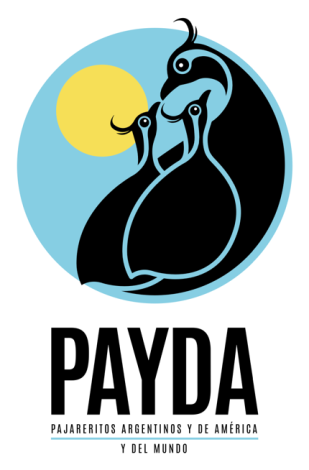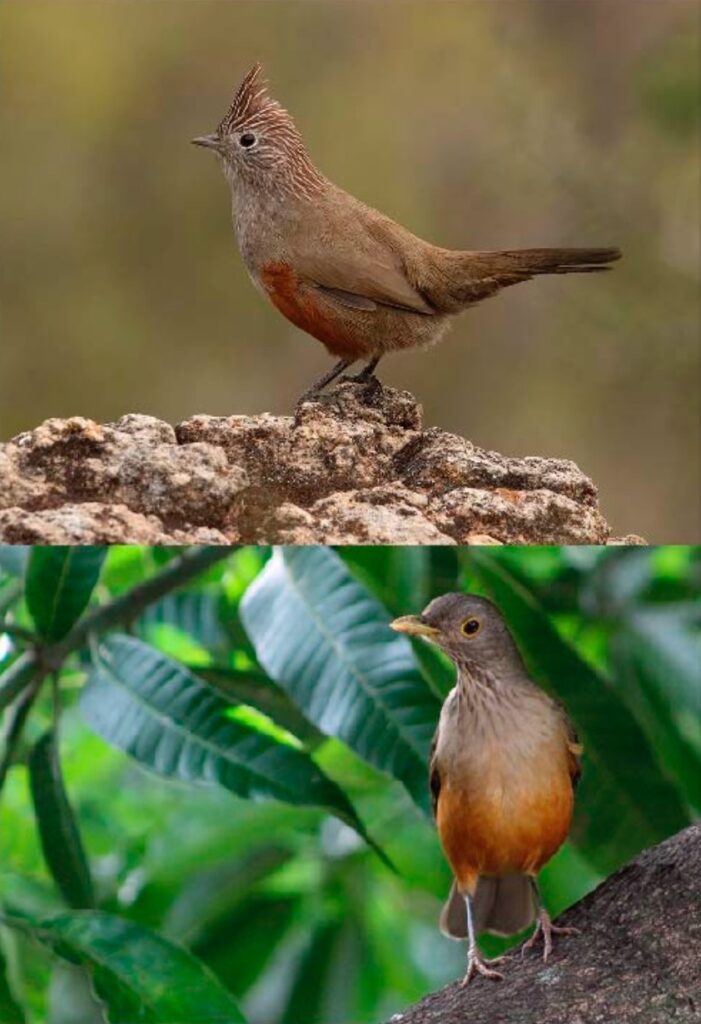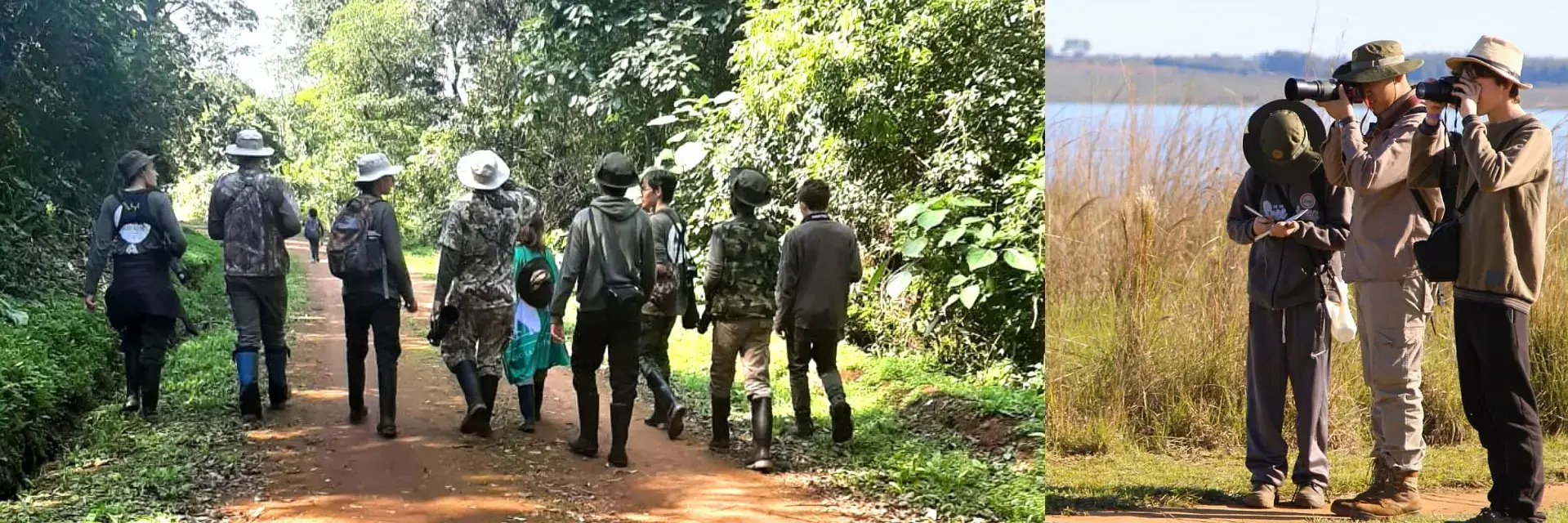
LITTLE BIRDERS FROM ARGENTINA & AMERICA & THE WORLD
PAYDA FOUNDATION: REGISTERED WITH THE INSPECCIÓN GENERAL DE PERSONAS JURÍDICAS, RÍO NEGRO, ARGENTINA: N°4080
WHERE SCIENCE IS CONCERNED, THERE ARE NO MIRACLES


Tito Narosky
Without a doubt, miracles do somehow exist, but only insofar as our predisposition to discover them. That is why I believed I would never find any more. And yet Pajareritos Argentinos yde América is clearly one of them. It was impossible to imagine its existence if, when I was starting out, it was so difficult to find a companion for a field trip who wouldn’t prefer to spend the day enjoying an asado instead. How could one think that a group of young naturalists would one day emerge ni our country? How can one disbelieve in the miracle that is its birth and development, if I can see it right now emerging into the world? True, there is a Cecilia behind the machinery that seems to grow day by day. Pajareritos del Mundo will undoubtedly be the next miracle born from this love of life.

WHO WE ARE

WHAT IS PAYDA?
_PAYDA is a free, network-based environmental education project aimed primarily at connecting, uniting, and bringing together young bird watchers from different regions and countries. The project creates supportive and enjoyable spaces for them to share their passion, accompanying their growth and comprehensive development, while promoting respect for life and protection of the natural environment, all based on a solid foundation of human ethical values.
We believe that for the young members of the network to learn enthusiastically and reach their full potential, they need to interact within a peer group. These are understood as people who share some common characteristics and are at a similar level concerning certain variables (knowledge, age, experience, etc.).
The most important characteristic is that they feel a genuine and personal interest in birds and birdwatching since joining the network is entirely voluntary. Once this primary and fundamental quality of the “aspirant” is ensured, groups are formed based on other parameters: the level of knowledge and experience in the subject and, perhaps slightly less.
ACTIVE GROUPS
from the Pajareritos Argentinos y de América network
• The 6 active groups: Pajareritos, Caburecitos, Chingolitos, Pirinchos, Chorlitos and Albatros.
